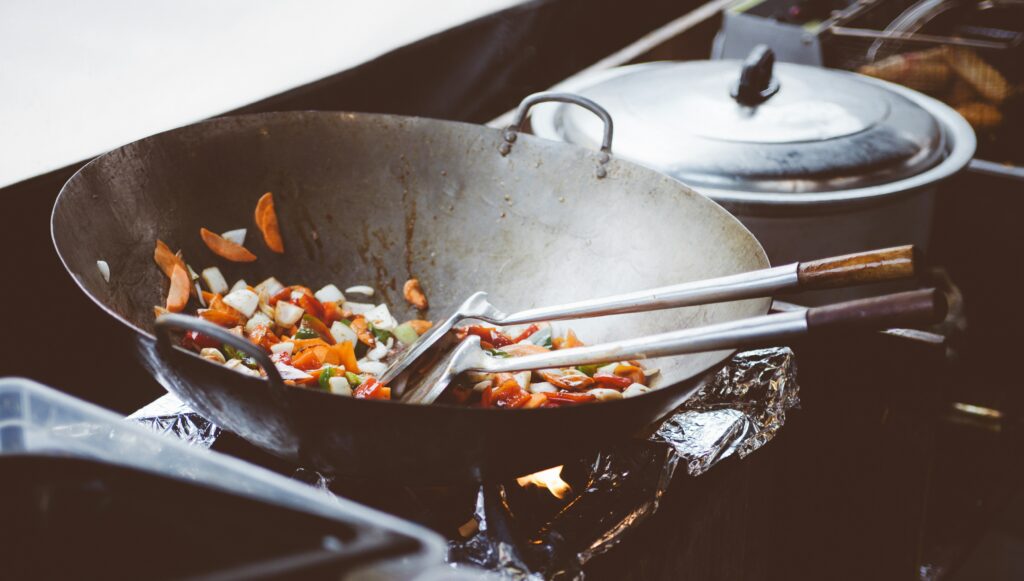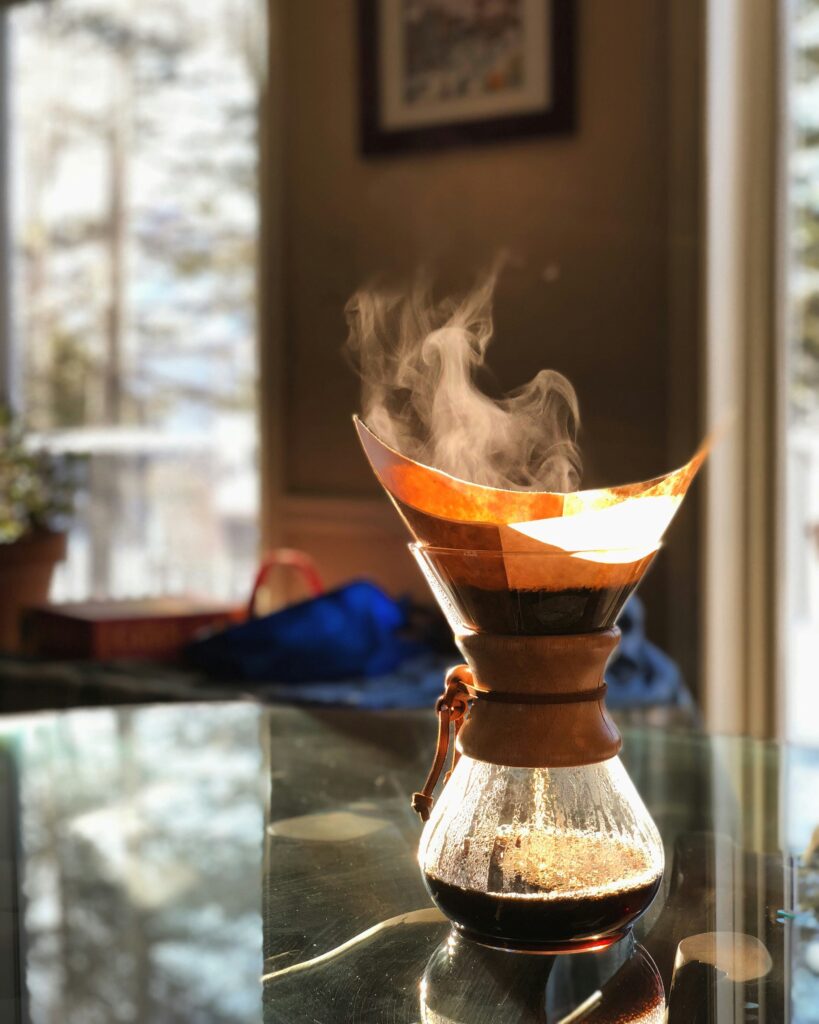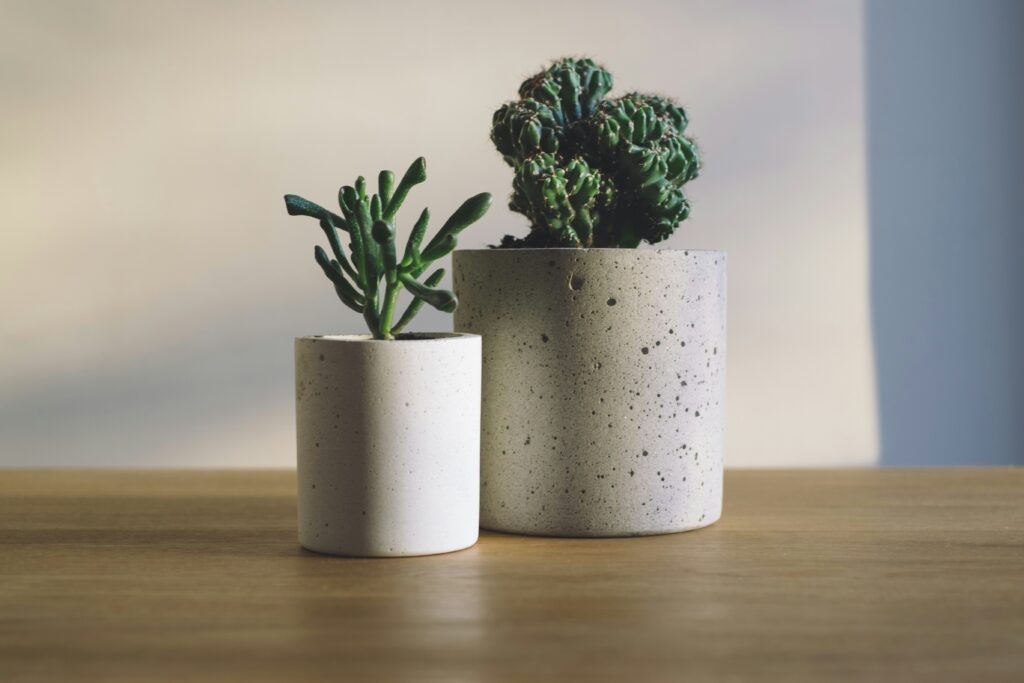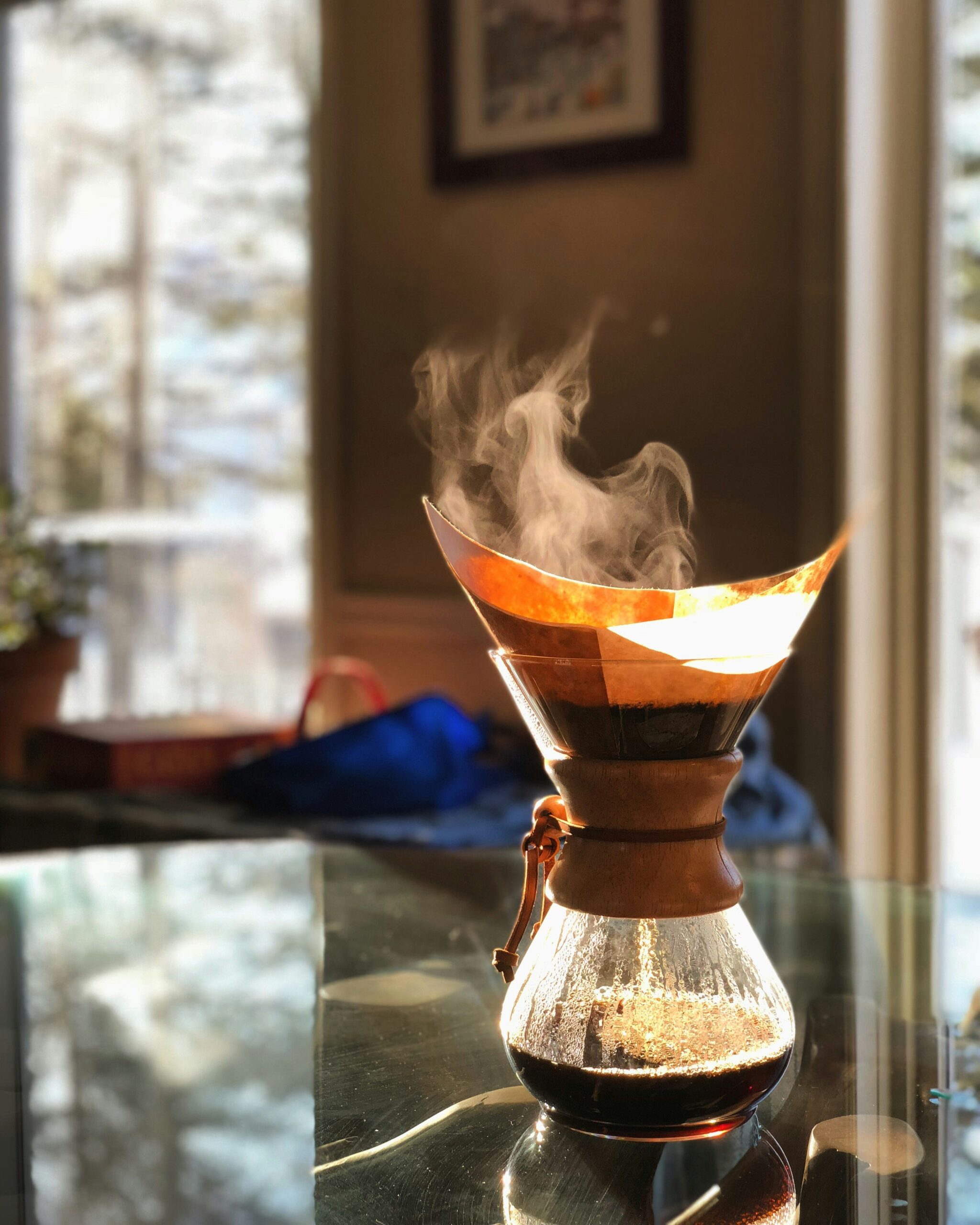Looking to master the art of making beans in an Instant Pot? Look no further! Whether you’re a seasoned chef looking to streamline your cooking process or a beginner wanting to try your hand at some delicious homemade beans, we’ve got you covered. In this article, we’ll walk you through step by step on how to make perfectly cooked beans using the convenience of an Instant Pot. So, get ready to elevate your bean game and impress your family and friends with flavor-packed dishes that will have them coming back for seconds!

Choosing Beans
When it comes to choosing beans, there are a couple of options to consider: dried beans or canned beans. Dried beans are a pantry staple that can be stored for a long time, while canned beans offer convenience and are ready to use. Both options have their own advantages, so let’s take a closer look at each.
Dried Beans vs. Canned Beans
Dried beans, such as kidney beans, black beans, and chickpeas, are a great choice if you prefer more control over the cooking process. They require pre-soaking, which helps to reduce cooking time and improve digestibility. Dried beans are also more economical, as they tend to be cheaper per unit compared to canned beans.
On the other hand, canned beans are a convenient option for those who are short on time or prefer not to go through the soaking and cooking process. They come pre-cooked and can be used directly in a variety of recipes. Canned beans are a time-saver, making them perfect for quick meals or last-minute additions to dishes.
Types of Beans
There is a wide variety of beans available, each with its own distinct flavor and texture. Some popular types of beans include black beans, kidney beans, pinto beans, navy beans, chickpeas, and cannellini beans. Each type of bean is versatile and can be used in a range of recipes, from soups and stews to salads and dips. Explore different types of beans to find your favorites and experiment with unique flavor combinations.
Preparing Dried Beans
If you’ve decided to go with dried beans, it’s important to properly prepare them before cooking. This involves sorting and rinsing the beans, as well as choosing a soaking method that works best for you.
Sorting and Rinsing
Before cooking dried beans, it’s important to sort through them and remove any stones, debris, or damaged beans. Simply spread the beans on a clean surface or a large tray and carefully go through them, removing any unwanted particles. Then, rinse the beans thoroughly under cold water to remove any dirt or impurities.
Soaking Methods
Soaking dried beans is an essential step that helps to reduce cooking time and improve the texture of the beans. There are two common methods for soaking beans: the traditional overnight soak and the quick-soak method.
For the overnight soak, simply place the sorted and rinsed beans in a large bowl or pot and cover them with water. Allow the beans to soak for at least 8 hours or overnight. This method requires some advance planning but results in evenly cooked and tender beans.
If you’re short on time, you can opt for the quick-soak method. Start by sorting and rinsing the beans, then place them in a large pot with enough water to cover them. Bring the water to a boil and let it boil for 2 minutes. Remove the pot from heat, cover it, and let the beans soak for 1 hour. Drain and rinse the beans before using them in your recipe.
Using Canned Beans
Using canned beans is a convenient option that saves time and effort. However, there are a few steps you can take to ensure the best results when using canned beans in your recipes.
Draining and Rinsing
When using canned beans, it’s important to drain and rinse them before incorporating them into your dish. This step helps to remove excess sodium and any starchy residue that may be present. Simply open the can of beans, pour them into a colander or sieve, and rinse them under cold water. Give them a gentle shake to remove any excess water before adding them to your recipe.
Adjusting Cooking Time
Since canned beans are already cooked, they require less cooking time compared to dried beans. When using canned beans in a recipe that calls for dried beans, reduce the cooking time accordingly. This will prevent the beans from becoming mushy and ensure they maintain their texture.
Basic Instant Pot Bean Recipe
The Instant Pot is a versatile kitchen appliance that can greatly simplify the process of cooking beans. Here’s a basic recipe to get you started:
Ingredients:
- 1 cup dried beans of your choice
- 4 cups water or broth
- Salt (to taste, optional)
- Optional seasonings or aromatics (such as garlic, onion, or bay leaves)
Steps:
- Sort and rinse the dried beans to remove any debris or impurities.
- Optional: Soak the beans using the traditional overnight soak or quick-soak method.
- Place the soaked or unsoaked beans in the Instant Pot.
- Add water or broth to the pot, ensuring that the liquid covers the beans by about 1 inch.
- If desired, add seasonings or aromatics for added flavor.
- Close the lid of the Instant Pot and set the valve to “Sealing.”
- Select the “Pressure Cook” or “Manual” function and set the cooking time according to the type of beans you’re using and your desired tenderness.
- Once the cooking time is complete, allow for a natural pressure release or perform a quick release, following the manufacturer’s instructions.
- Open the lid carefully, and check the beans for desired tenderness. If they need further cooking, you can continue cooking them using the Instant Pot’s sauté function or additional pressure cooking time.
- Adjust the seasoning with salt, if desired, and serve the beans as desired.

Flavoring Options
Beans are incredibly versatile and can be seasoned and flavored in a variety of ways. Here are a couple of options to enhance the flavor of your beans:
Adding Aromatics
Aromatics such as garlic, onion, and bay leaves can add depth and flavor to your beans. Simply add these ingredients to the Instant Pot along with the beans and cooking liquid. The heat from the pressure cooking process will infuse the beans with their aromas and flavors, enhancing the overall taste of your dish.
Enhancing the Flavor
You can also enhance the flavor of your beans by adding other seasonings and ingredients. Some options include spices like cumin, paprika, or chili powder for a southwestern flair. Fresh herbs such as thyme, rosemary, or cilantro can also add a burst of freshness. Don’t be afraid to experiment and find the flavor combinations that suit your taste buds.
Adjusting Cooking Time for Different Beans
The cooking time for beans can vary depending on the type and size of the beans. Here’s a general guideline to help you adjust the cooking time for different beans in the Instant Pot:
Cooking Time Chart
- Small beans (e.g., lentils, split peas): 8-10 minutes
- Medium-sized beans (e.g., black-eyed peas, chickpeas): 25-30 minutes
- Large beans (e.g., kidney beans, pinto beans): 30-35 minutes
- Extra-large beans (e.g., lima beans): 35-40 minutes
It’s important to note that these times are approximate and may vary based on the specific batch of beans you’re using and your desired tenderness. Always refer to the cooking instructions provided with your particular brand of beans and adjust accordingly.

Tips and Tricks
Here are a few tips and tricks to help you achieve perfect beans every time:
Quick-Soaking Method
If you’re short on time and need to quickly soak your beans, you can use the Instant Pot’s quick-soak function. Simply follow the same steps for the quick-soak method mentioned earlier, but instead of letting the beans soak for an hour, set the Instant Pot to the “Pressure Cook” or “Manual” function for 3 minutes. After the quick pressure release, your beans will be ready to use.
Natural Pressure Release vs. Quick Release
When cooking beans in the Instant Pot, you have the option of performing a natural pressure release or a quick release. A natural pressure release involves allowing the pressure to release on its own after the cooking time is complete. This can take anywhere from 10 to 30 minutes, depending on the quantity and type of beans. On the other hand, a quick release involves manually venting the pressure by turning the valve from “Sealing” to “Venting.” This method provides a faster way to release the pressure, but keep in mind that the beans may not be as tender compared to a natural pressure release.
Avoid Overfilling the Instant Pot
When cooking beans in the Instant Pot, it’s important to avoid overfilling the pot. Beans tend to expand during cooking, and if the pot is too full, it can lead to clogging or spillovers. As a general rule, do not fill the Instant Pot more than halfway when cooking dried beans to allow for proper expansion.
Troubleshooting
Sometimes, issues may arise when cooking beans. Here are a couple of common problems and their respective solutions:
Undercooked Beans
If your beans are undercooked after the recommended cooking time, you can continue cooking them by selecting the “Pressure Cook” or “Manual” function and adding a few more minutes of cooking time. Keep in mind that cooking times can vary depending on factors such as the freshness of the beans and the altitude at which you’re cooking.
Mushy Beans
If your beans turn out mushy or overcooked, it’s likely that they were cooked for too long or subjected to a rapid release of pressure. To prevent this, be sure to check the cooking time for the specific type of beans you’re using and ensure a natural pressure release whenever possible. Adjusting the cooking time and release method can help you achieve the desired texture.
Storing Cooked Beans
If you have leftovers or want to make a large batch of beans ahead of time, here are some tips for storing them:
Refrigeration
Cooked beans can be stored in an airtight container in the refrigerator for up to 4-5 days. Make sure to let them cool completely before transferring them to the refrigerator. To maximize freshness, store the beans along with their cooking liquid, which helps to prevent them from drying out.
Freezing
If you want to store cooked beans for a longer period, consider freezing them. After the beans have cooled, transfer them to freezer-safe containers or resealable bags. Be sure to label the containers with the date and contents. Cooked beans can be stored in the freezer for up to 3 months. When you’re ready to use the frozen beans, simply thaw them overnight in the refrigerator or defrost them in a microwave.
Creative Bean Recipes
Now that you know the basics of cooking beans in an Instant Pot, it’s time to get creative in the kitchen. Here are a few ideas to inspire your bean-based culinary explorations:
Bean Soup
Bean soup is a hearty and comforting dish that can be customized with a variety of flavors and ingredients. Combine cooked beans with vegetables, broth, and spices of your choice for a delicious and nutritious meal. Add some diced tomatoes, carrots, celery, and herbs for a classic vegetable bean soup. If you prefer a thicker and creamier soup, blend a portion of the cooked beans to create a smooth and velvety base.
Bean Curry
Create a flavorful and aromatic bean curry by combining cooked beans with a blend of spices, such as cumin, turmeric, and coriander. Add some diced onions, garlic, ginger, and tomatoes for a rich and savory sauce. Serve your bean curry with rice or naan bread for a satisfying and exotic meal.
Bean Salad
Bean salads are refreshing and versatile, making them perfect for warm weather or as a light lunch option. Combine cooked beans with crisp vegetables, such as bell peppers, cucumbers, and cherry tomatoes. Toss the salad with a zesty dressing made from lemon juice, olive oil, and herbs. You can also add some fresh herbs, like parsley or cilantro, for an extra burst of flavor.
In conclusion, making beans in an Instant Pot can be a quick and efficient way to enjoy their nutritional benefits and versatile taste. Whether you choose dried beans or canned beans, proper preparation and cooking techniques will result in delicious and flavorful dishes. Explore different types of beans and get creative with flavoring options to elevate your bean-based meals. With the Instant Pot as your kitchen ally, you’ll soon be enjoying tasty bean recipes that are both satisfying and healthy.




